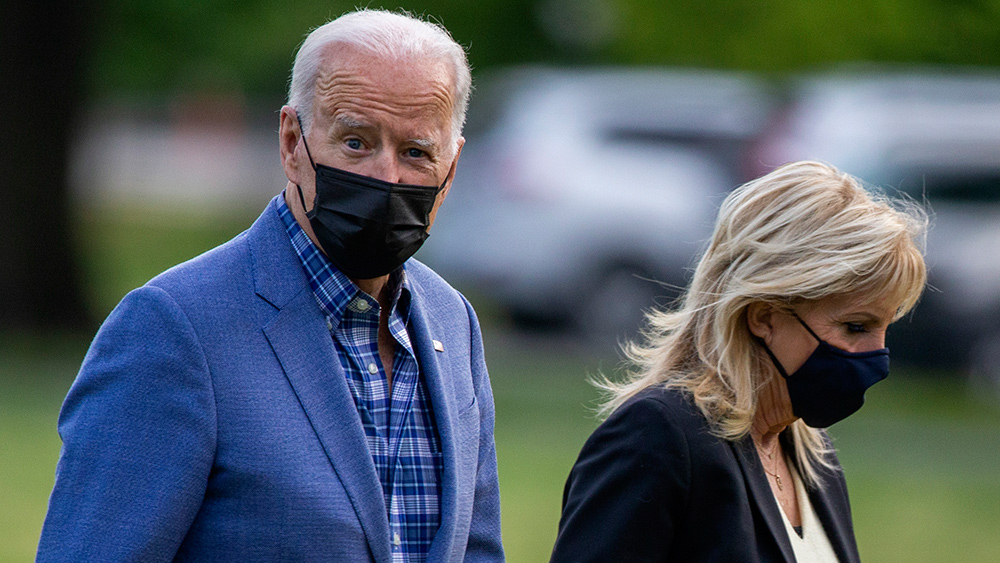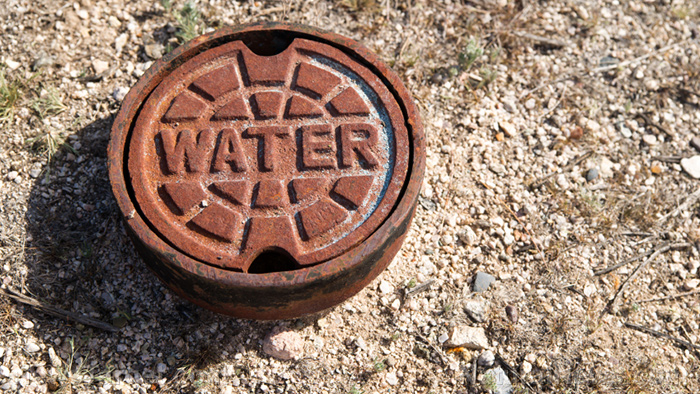 Parler
Parler Gab
Gab
One of the most direct impacts of a rail shutdown would be a potential shortage of clean drinking water for millions of households that rely on publicly owned-water systems.
Treatment plants use chlorine and other chemicals to clean the water that eventually flows out of the tap, and the vast majority of those chemicals are transported around the country by rail from factories to distribution centers.
“A stoppage of rail service in the United States would have a catastrophic effect on the ability of water utilities to treat drinking water and wastewater and to perform other water treatment services,” said a number of trade groups representing the water sector in a letter to the White House in November. “This would present a significant threat to human health and to the health of the environment.”
Experts also noted that food, fuel, cars, lumber, and high-end goods would all be in short supply as well, which will only worsen the inflation that Biden and Democrats have created in the first place with their high spending and inability to fix the supply chain.
As far as the departing rail workers, Sawyer, who is also the treasurer of a grassroots rail reform organization called Railroad Workers United, said it would most likely occur among younger employees who have placed more importance on so-called ‘work-life balance’ -- they will be among the first to leave.
“Most of these people live in or around metro Atlanta. The economy’s booming. They will find a job elsewhere,” Sawyer said. The Hill added: “Workers say that some employees could leave as soon as they receive back pay and cash bonuses, which will average roughly $16,000 per person. Railroads will dole out that money within 60 days.” Biden and Congress thought they were so smart 'heading off' a rail strike. It sounds like they just made things worse. Sources include: TheHill.com NBCNews.comJosh Sigurdson: We are witnessing the controlled collapse of the global economy
By Kevin Hughes // Share
David DuByne looks into what awaits the world in 2023 – Brighteon.TV
By Kevin Hughes // Share
Severe water shortages loom as American government fails to invest in water infrastructure
By Arsenio Toledo // Share
NGOs pay politicians to promote globalist policies, policy expert reveals
By Belle Carter // Share
Governments continue to obscure COVID-19 vaccine data amid rising concerns over excess deaths
By patricklewis // Share
Tech giant Microsoft backs EXTINCTION with its support of carbon capture programs
By ramontomeydw // Share
Germany to resume arms exports to Israel despite repeated ceasefire violations
By isabelle // Share










